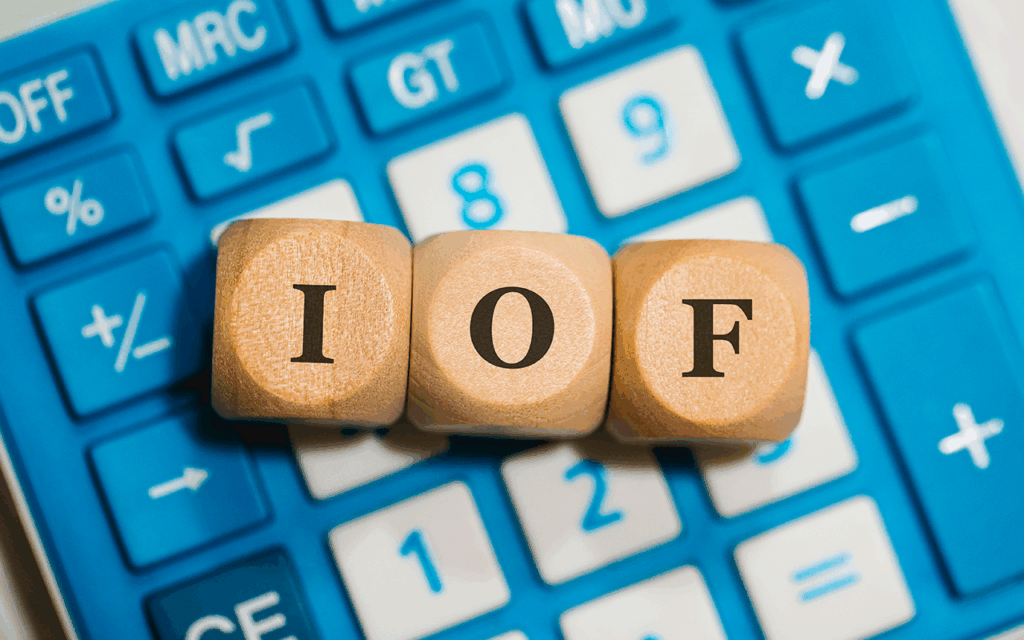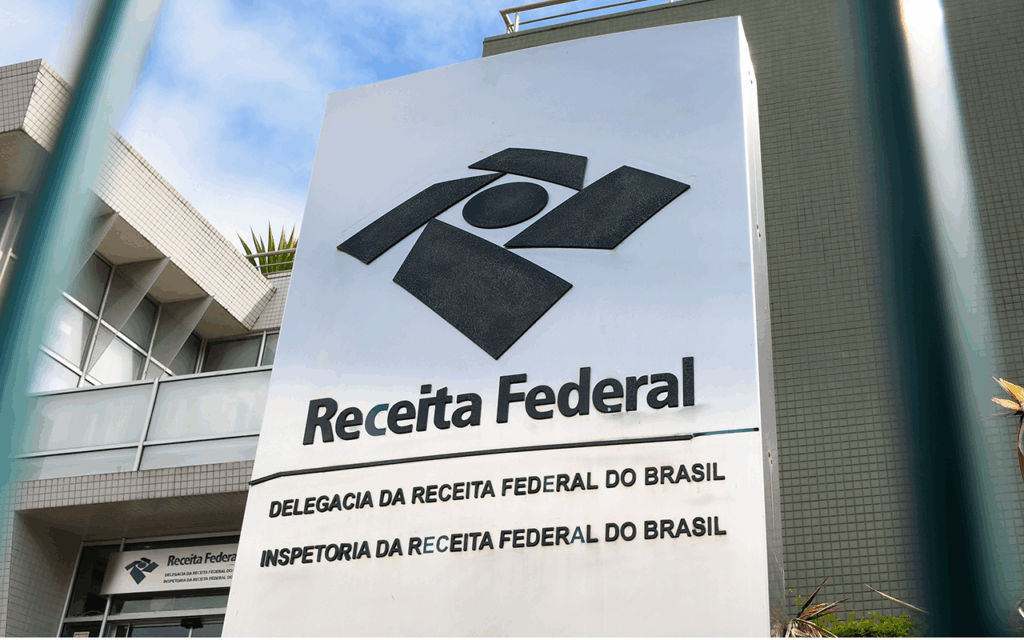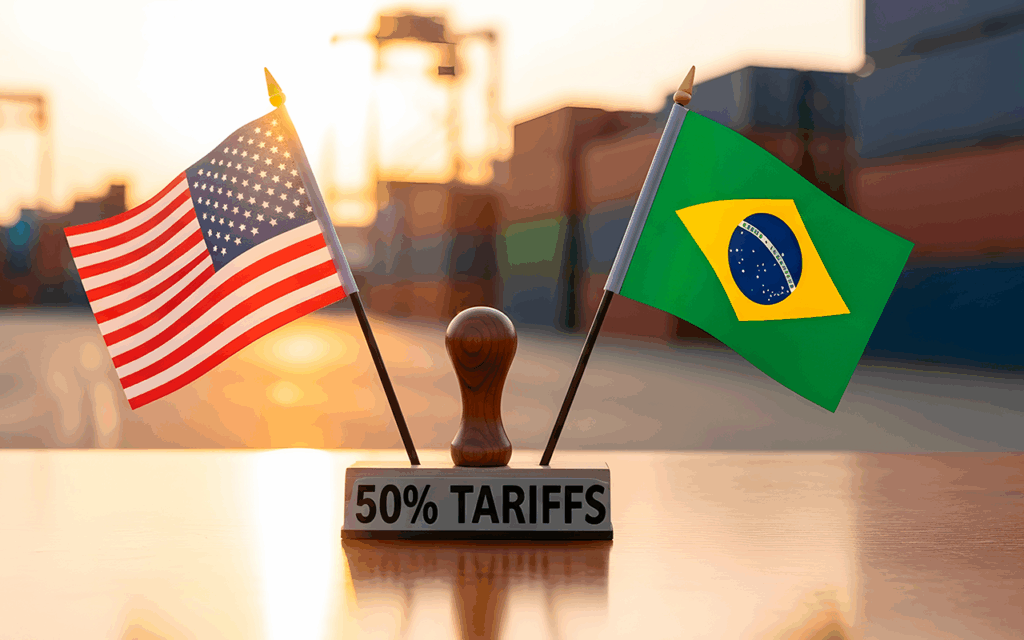Arbitration in employment contracts as a risk-management tool

Arbitration, governed by Law 9,307/1996 (Arbitration Law), is increasingly used to resolve disputes in labor contexts – especially in employment contracts of senior, highly compensated professionals with greater autonomy – provided the requirements in Article 507-A of the Consolidation of Labor Laws (CLT), introduced by the Labor Reform (Law 13,467/2017), are met. Arbitration does not […]
Supreme Federal Court reinstates Tax on Financial Transactions rate increases

On 16 July 2025, Justice Alexandre de Moraes partially upheld the constitutionality of Decree 12,499/2025 and reinstated the higher Tax on Financial Transactions (IOF) rates, reversing Congress’s 27 June 2025 decision to overturn them. The measure followed a conciliation hearing between the Executive and Legislative Branches convened by the Justice, which ended without agreement. The […]
Consumption Tax Reform pilot program: Contribution on Goods and Services systems now in use at 500 Brazilian companies

Brazil’s tax reform took a concrete step toward implementation. As of 1 July 2025, the Consumption Tax Reform pilot program is in effect under RFB Administrative Ordinance 549, dated 13 June 2025. This initial phase is designed to validate systems and processes for the new Contribution on Goods and Services (CBS) and gives companies an […]
Brazil’s Tax Reform: implications for M&A transactions

Following Constitutional Amendment 132/2023, Brazil launched a tax reform that will extinguish four taxes – State Value-Added Tax on Goods and Services (ICMS), Municipal Service Tax (ISS), Social Integration Program contribution (PIS), and Contribution for the Financing of Social Security (COFINS). They will be replaced by the Contribution on Goods and Services (CBS) and the […]
Brazilian Federal Revenue Service Tax Settlements: a strategic opportunity for companies

Created by Law 13,988/2020, Tax Settlement allows taxpayers negotiate tax liabilities, resolve disputes with the tax authorities, and reach faster, more predictable outcomes. Its use at the Brazilian Federal Revenue Service (RFB) has expanded in recent years; according to the 2025 “PGFN in Numbers” report from the Office of the Attorney General of the National […]
Brazilian Federal Revenue Service narrows the base for calculating Interest on Equity by subordinate regulation

The Brazilian Federal Revenue Service (RFB) issued Tax Directive 2,201/24 to implement the new rules on Interest on Equity (JCP) introduced by Law 14,789/23 (Subsidies Law). The Directive identifies which shareholders’ equity accounts may, or may not, be used to calculate JCP. Interest on Equity is a form of shareholder remuneration available to companies taxed […]
São Paulo State Announces Emergency Measures to Offset Impact of U.S. Tariffs on Brazilian Exports

Following new U.S. tariffs on goods imported from Brazil, several Brazilian states are implementing fiscal measures to cushion export-oriented companies. On 7 May 2025, governors from ten Brazilian states—São Paulo, Minas Gerais, Rio de Janeiro, Paraná, Santa Catarina, Rio Grande do Sul, Goiás, Mato Grosso, Amazonas, and the Federal District—met to assess the economic impact […]
Countermeasures Law: Government Issues Decree Regulating Retaliatory Framework

On 15 July 2025, the Brazilian Federal Government published Decree No. 12,551/25 in the Official Gazette. The decree implements the Countermeasures Law, enacted in April 2025, which authorizes suspending trade, investment, and intellectual property concessions in response to unilateral measures adopted by foreign countries or economic blocs. The decree was issued in the context of […]
International Personal Data Transfers: Deadline for Compliance Due August 2025

Data controllers and processors in Brazil must update contracts by August 2025 to include the standard clauses for international personal data transfers under ANPD (Brazilian Data Protection Authority) Directive No. 19/2024. These transfers occur when an exporter in Brazil sends, shares, or provides access to personal data collected locally to an importer abroad, such as […]
STF Redefines the Liability of Digital Platforms: Impacts and New Obligations

On June 26, 2025, the Brazilian Federal Supreme Court (STF) declared Article 19 of the Brazilian Internet Civil Framework (Law No. 12,965/2014) partially unconstitutional, establishing new parameters for the civil liability of digital platforms for third-party content. By majority vote, the Court ruled that requiring a judicial order as a prior and absolute condition for […]